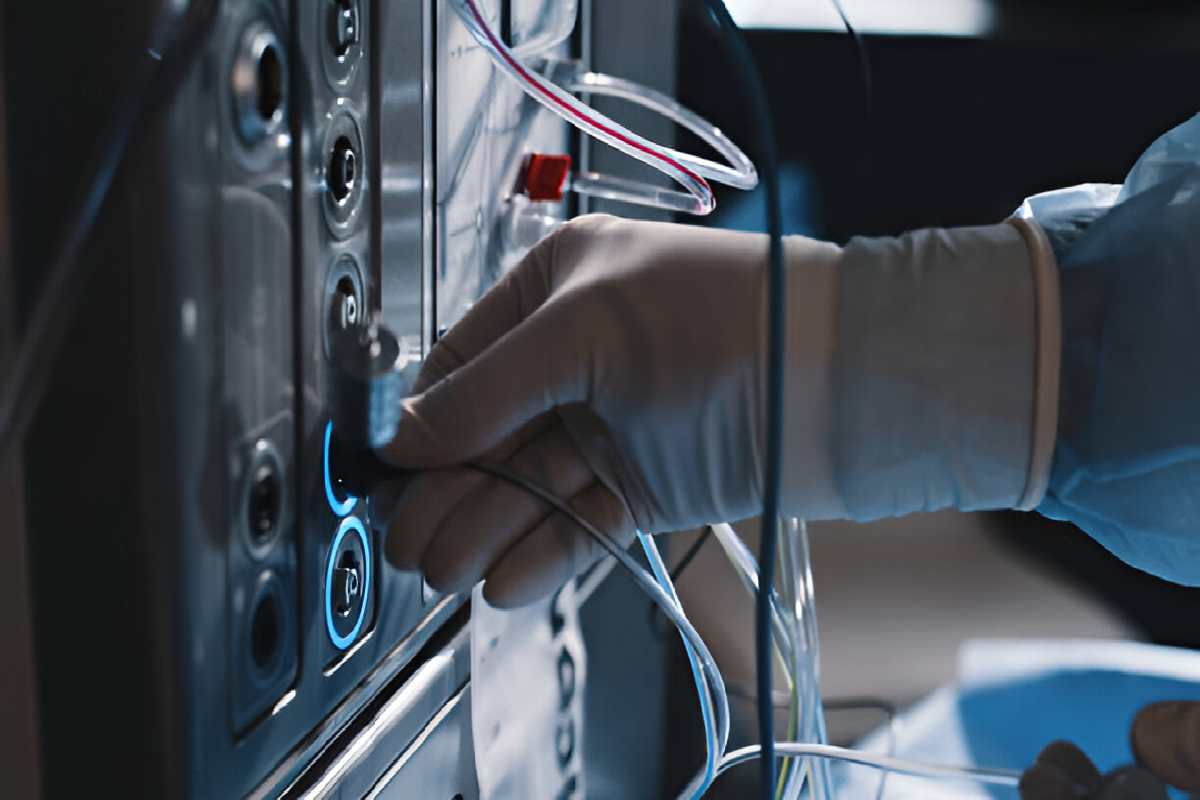Liquid chromatography (LC) is a foundational analytical technique used extensively in laboratories for diverse applications, from pharmaceutical analysis to environmental monitoring. To ensure the accuracy and reliability of your LC system, meticulous monitoring and regular maintenance are essential. In this article, we will discuss five critical aspects that you should continuously monitor to uphold your LC equipment’s optimal performance.
Table of Contents
1. Routine Inspection and Cleaning:
Routine inspection and cleaning are fundamental aspects of LC system maintenance. Over time, contaminants, particulates, and sample residues can accumulate within the system, affecting its efficiency and accuracy. Thorough cleaning helps prevent contamination and ensures the longevity of vital components such as the injector, column, and detector.
2. Column Health and Performance:
The chromatographic column is the heart of the LC system, responsible for separating sample components. Monitoring the condition and performance of your column is crucial for maintaining high-quality results. Columns can degrade due to factors such as sample matrix, excessive temperature, or contamination.
3. Calibration and Verification Checks:
Calibration and verification are fundamental to the precision and reliability of LC analyses. Regularly calibrating your system, including the injector, detector, and column, ensures that it operates within defined parameters. Any deviation from these parameters can result in inaccurate results.
4. Detector Maintenance and Performance:
Detectors are critical components that transform analyte signals into measurable data. Regular maintenance and checks are essential to monitor detector health and performance. Detector issues, such as baseline instability or sensitivity loss, can compromise the quality of chromatographic data.
5. Solvent Quality and Consistency:
The quality and consistency of solvents and mobile phases are crucial for LC system performance. Impurities or fluctuations in solvent quality can lead to irregular peak shapes, baseline drift, or even damage to the column and detector.
In conclusion, maintaining and repairing your LC equipment is essential to achieving consistent and precise results in your laboratory. Vigilantly monitoring and addressing factors such as system cleanliness, column condition, calibration, detector performance, and solvent quality can significantly impact the reliability of your analyses.
For expert assistance in maintaining and repairing your LC system, you can rely on Peak BioServices’ liquid chromatography repair and maintenance service page. Their experienced technicians possess the knowledge and expertise needed to ensure the optimal performance and longevity of your equipment. With Peak BioServices as your trusted partner, you can have confidence in the quality and precision of your liquid chromatography analyses, allowing you to focus on your research and scientific endeavors with peace of mind.

